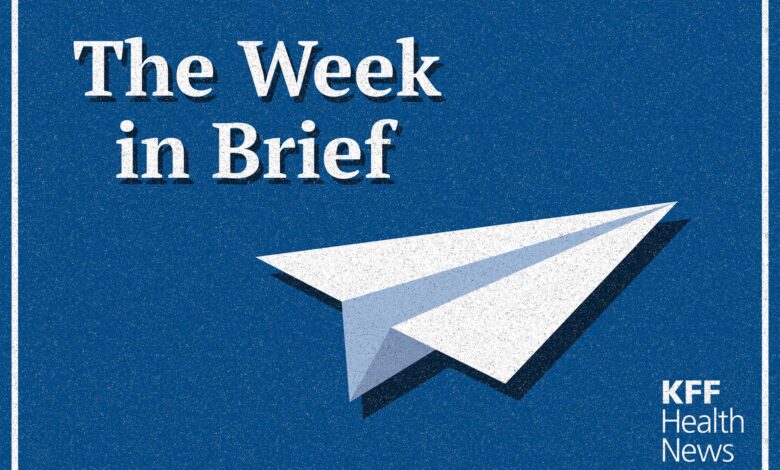Some Rural Hospitals Ditch Medicare Advantage

Rural hospital leaders are questioning whether they can continue to afford to do business with Medicare Advantage companies, and some say the only way to maintain services and protect patients is to end their contracts with the private insurers.
Medicare is the main federal health insurance program for people 65 or older. Participants can enroll in traditional, government-run Medicare or in a Medicare Advantage plan run by a private insurance company.
The private plans offer lower premiums and out-of-pocket costs for some patients. Nearly all offer extra benefits, such as vision, hearing, and dental coverage. Many also offer perks, such as gym memberships, nutrition services, and allowances for over-the-counter health supplies.
But in recent years, average Medicare Advantage reimbursements to rural hospitals were about 90% of what traditional Medicare paid, according to a new report from the American Hospital Association. And traditional Medicare already pays hospitals much less than private plans, according to a recent study by Rand Corp., a research nonprofit.
“The vast majority of our rural hospitals are not in a position where they can take further cuts to payment,” said Carrie Cochran-McClain, chief policy officer at the National Rural Health Association. “There are so many that are just really in a precarious financial spot.”
Nearly 200 rural hospitals have ended inpatient services or shuttered since 2005.
Jason Merkley, CEO of Brookings Health System in rural South Dakota, worried reimbursement losses would spark staff layoffs and cuts to patient services. So last year, the system dropped all four contracts it had with major Medicare Advantage companies.
Great Plains Health, which serves parts of rural Nebraska, Kansas, and Colorado, has dropped all contracts with the private insurers. So has Kimball Health Services, which is based in two small towns in Nebraska and Wyoming.
Rural hospital leaders are also concerned about Medicare Advantage payment delays and a resistance to authorizing patient care.
Susan Reilly, a spokesperson for the Better Medicare Alliance, said a recent report published by her group, which promotes Medicare Advantage, found that private plans are more affordable than traditional Medicare for rural beneficiaries. That analysis was conducted by an outside firm and based on a government survey.
KFF Health News is a national newsroom that produces in-depth journalism about health issues and is one of the core operating programs at KFF—an independent source of health policy research, polling, and journalism. Learn more about KFF.
USE OUR CONTENT
This story can be republished for free (details).
We encourage organizations to republish our content, free of charge. Here’s what we ask:
You must credit us as the original publisher, with a hyperlink to our kffhealthnews.org site. If possible, please include the original author(s) and KFF Health News” in the byline. Please preserve the hyperlinks in the story.
It’s important to note, not everything on kffhealthnews.org is available for republishing. If a story is labeled “All Rights Reserved,” we cannot grant permission to republish that item.
Have questions? Let us know at [email protected]




